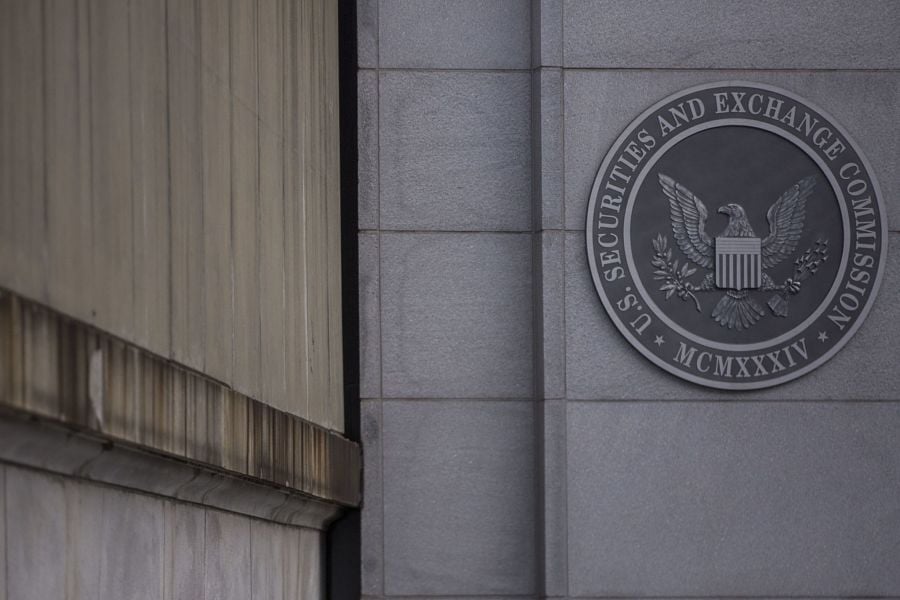

U.S. regulators have once again punted their decision on whether to approve a Bitcoin ETF.
The Securities and Exchange Commission said in a Wednesday regulatory filing that it will seek more public comment on a proposal to list a product on Cboe Global Markets Inc. It’s not the first time this year that the SEC has delayed giving an answer to the legions of crypto advocates pushing for a way to trade the largest cryptocurrency in an exchange-traded fund format.
Crypto enthusiasts have long been frustrated by the agency’s reluctance to sign off on a Bitcoin ETF, a product that could catapult the world’s most valuable digital token into the mainstream among institutional investors.
There were predictions earlier this year that the regulator would be more receptive under SEC Chair Gary Gensler, who once taught classes on digital assets at the Massachusetts Institute of Technology. But since he took the reins in April, the agency has continued to express concerns that crypto exchanges lack oversight. And it has laid out fresh warnings about the risks of mutual funds investing in Bitcoin futures.
As part of Wednesday’s announcement, the SEC asked the public to weigh in on aspects of the Cboe proposal, which seeks approval of a VanEck Associates Corp. ETF. The SEC set deadlines into July and perhaps even August for people to respond. Here are some of the agency’s key questions:
• Whether the trust and shares associated with the ETF would be susceptible to manipulation?
• Whether Cboe’s plan is set up to prevent fraud and manipulation?
• How transparent is Bitcoin?
• Has regulation of the Bitcoin market changed substantially in the past five years?
• What views do commentators have on the size and regulation of CME’s Bitcoin futures contracts?

Executives from LPL Financial, Cresset Partners hired for key roles.

Geopolitical tension has been managed well by the markets.

December cut is still a possiblity.

Canada, China among nations to react to president-elect's comments.

For several years, Leech allegedly favored some clients in trade allocations, at the cost of others, amounting to $600 million, according to the Department of Justice.
Streamline your outreach with Aidentified's AI-driven solutions
This season’s market volatility: Positioning for rate relief, income growth and the AI rebound
